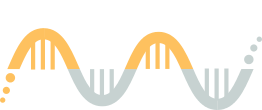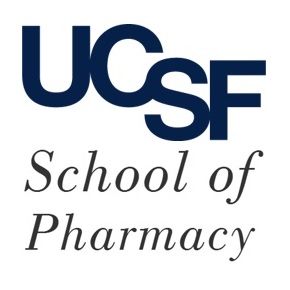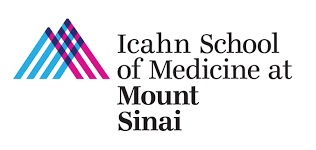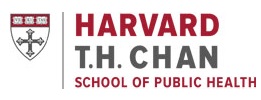Submitted by ja607 on
| Title | Whole exome sequencing analyses reveal gene-microbiota interactions in the context of IBD. |
| Publication Type | Journal Article |
| Year of Publication | 2021 |
| Authors | Hu, S, Vila, AVich, Gacesa, R, Collij, V, Stevens, C, Fu, JM, Wong, I, Talkowski, ME, Rivas, MA, Imhann, F, Bolte, L, van Dullemen, H, Dijkstra, G, Visschedijk, MC, Festen, EA, Xavier, RJ, Fu, J, Daly, MJ, Wijmenga, C, Zhernakova, A, Kurilshikov, A, Weersma, RK |
| Journal | Gut |
| Volume | 70 |
| Issue | 2 |
| Pagination | 285-296 |
| Date Published | 2021 Feb |
| ISSN | 1468-3288 |
| Abstract | OBJECTIVE: Both the gut microbiome and host genetics are known to play significant roles in the pathogenesis of IBD. However, the interaction between these two factors and its implications in the aetiology of IBD remain underexplored. Here, we report on the influence of host genetics on the gut microbiome in IBD. DESIGN: To evaluate the impact of host genetics on the gut microbiota of patients with IBD, we combined whole exome sequencing of the host genome and whole genome shotgun sequencing of 1464 faecal samples from 525 patients with IBD and 939 population-based controls. We followed a four-step analysis: (1) exome-wide microbial quantitative trait loci (mbQTL) analyses, (2) a targeted approach focusing on IBD-associated genomic regions and protein truncating variants (PTVs, minor allele frequency (MAF) >5%), (3) gene-based burden tests on PTVs with MAF RESULTS: We identified 12 mbQTLs, including variants in the IBD-associated genes , , and . For example, the decrease of the pathway acetyl-coenzyme A biosynthesis, which is involved in short chain fatty acids production, was associated with variants in the gene (false discovery rate CONCLUSION: This study highlights that both common and rare genetic variants affecting the immune system are key factors in shaping the gut microbiota in the context of IBD and pinpoints towards potential mechanisms for disease treatment. |
| DOI | 10.1136/gutjnl-2019-319706 |
| Alternate Journal | Gut |
| PubMed ID | 32651235 |
| PubMed Central ID | PMC7815889 |
| Grant List | R01 HG010140 / HG / NHGRI NIH HHS / United States R01 MH115957 / MH / NIMH NIH HHS / United States R56 MH115957 / MH / NIMH NIH HHS / United States U01 HG009080 / HG / NHGRI NIH HHS / United States |





